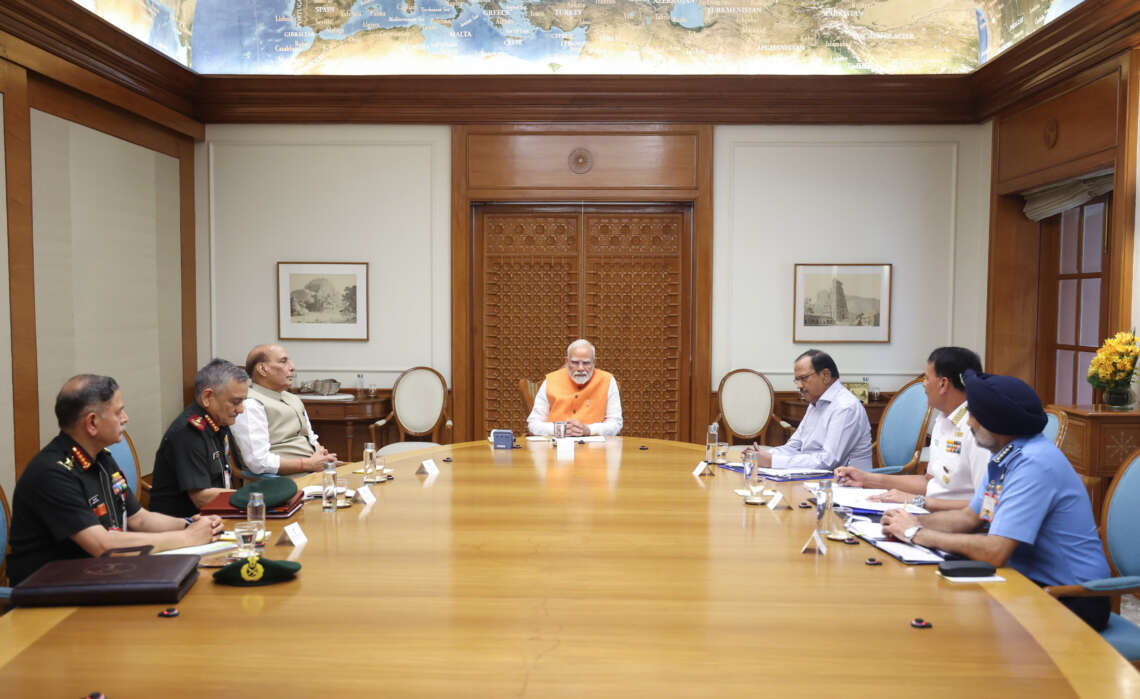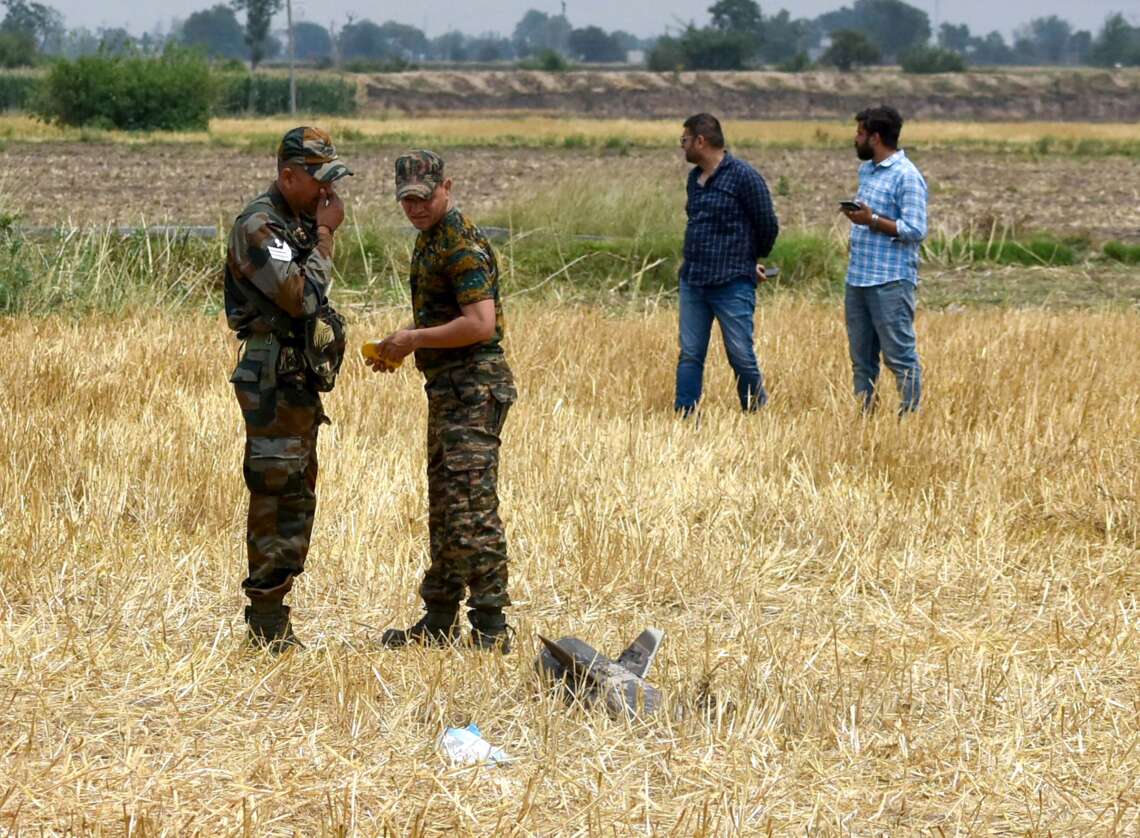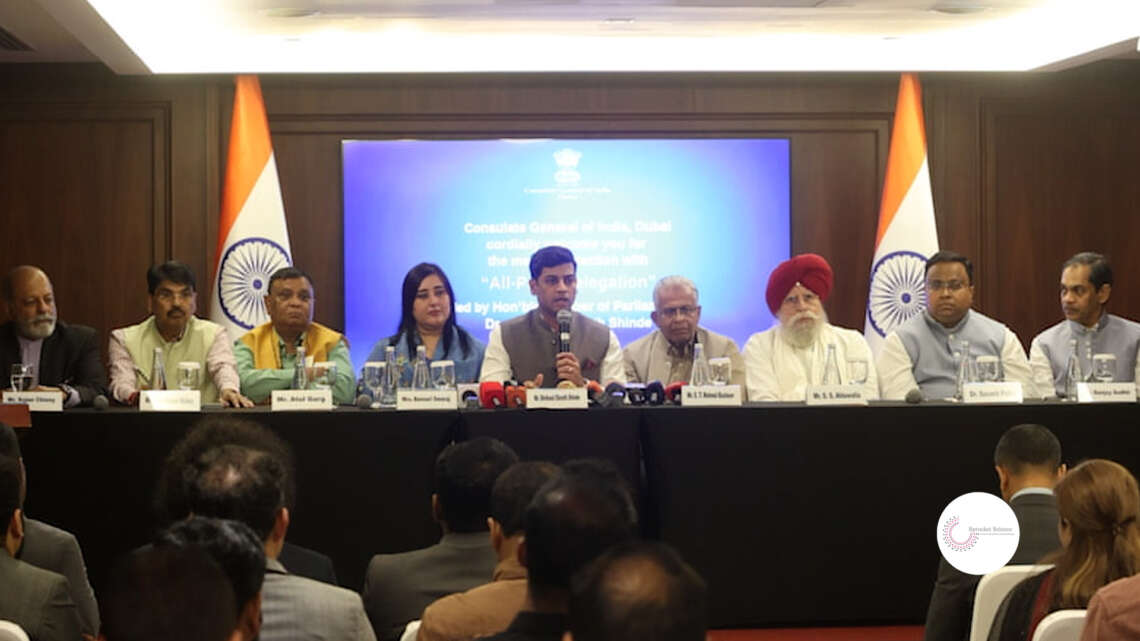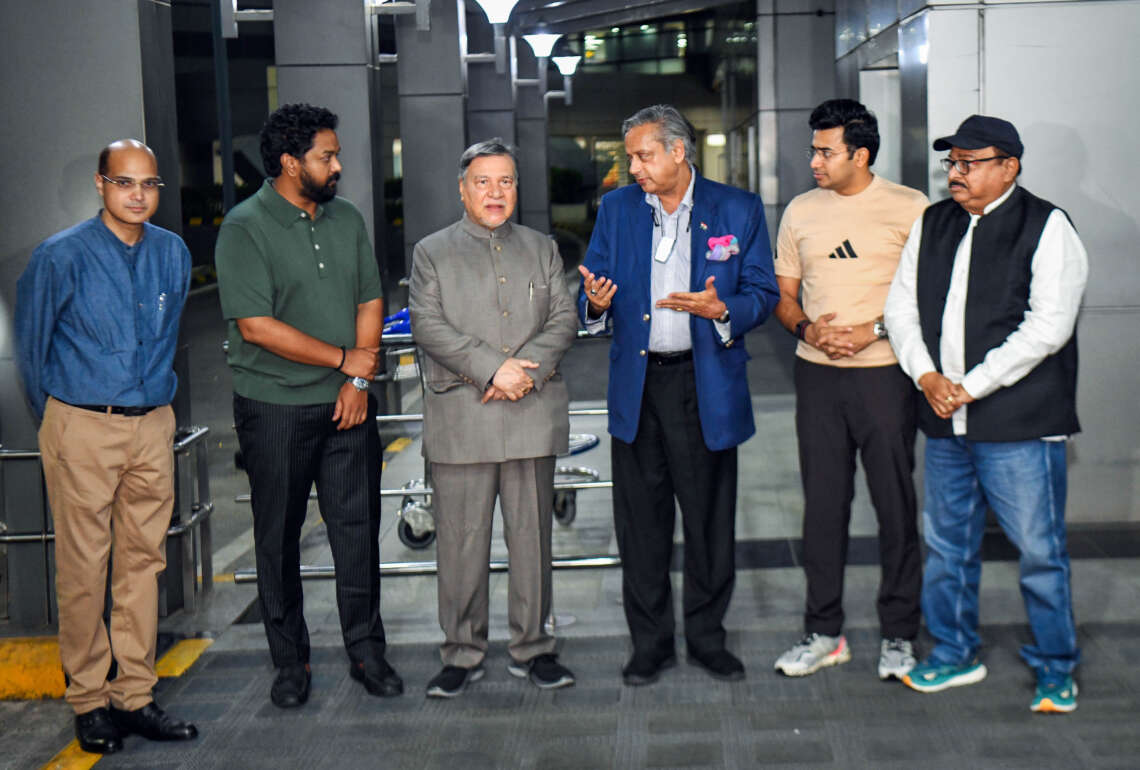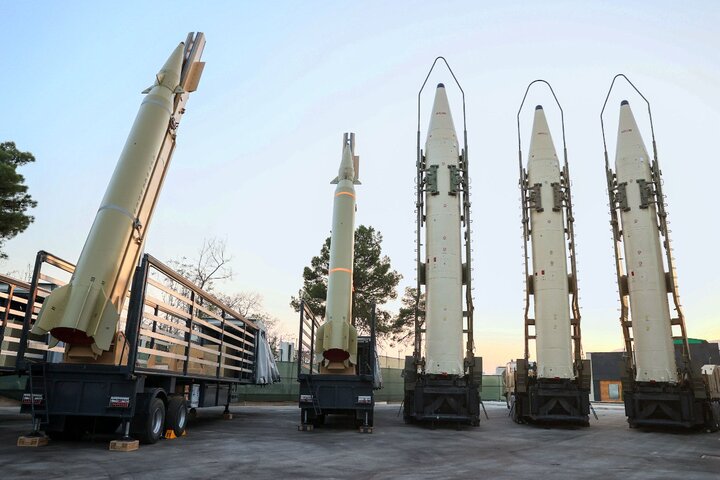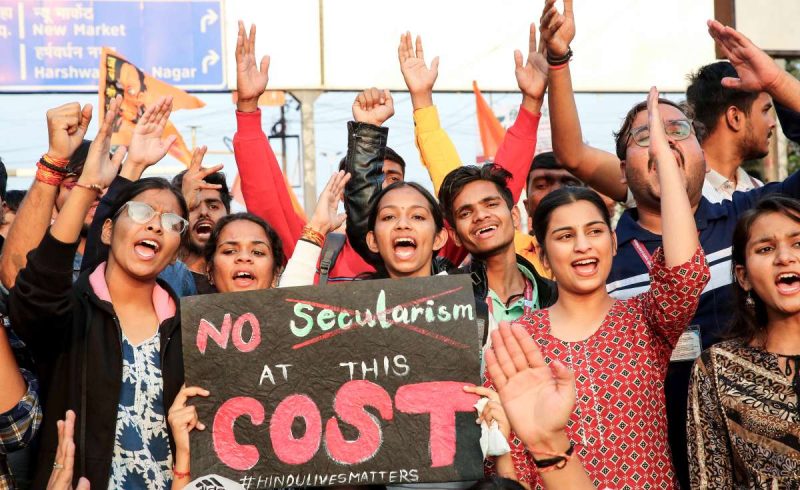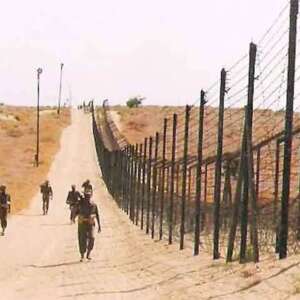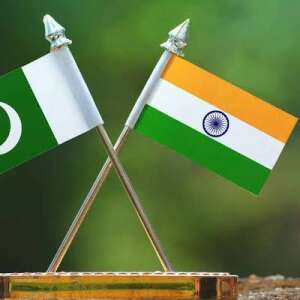India’s strong military and diplomatic responses—including cross-border retaliatory strikes, suspending the Indus Waters Treaty, and sealing borders—are not only justified but necessary to protect its sovereignty and civilian lives.
The recent Pahalgam terror attack (June 2025), which killed 26 innocent tourists, is yet another grim reminder of Pakistan’s relentless campaign to destabilize Kashmir through state-sponsored terrorism. India’s strong military and diplomatic responses—including cross-border retaliatory strikes, suspending the Indus Waters Treaty, and sealing borders—are not only justified but necessary to protect its sovereignty and civilian lives.
Pakistan’s History of Exporting Terrorism
The attack followed a familiar pattern: Islamist militants targeting Hindus and Sikhs in Kashmir, mirroring past atrocities like the 2000 Amarnath Yatra massacre and the 2019 Pulwama bombing.
India’s security forces identified two of the three attackers as Pakistani nationals, reinforcing Islamabad’s role in nurturing jihadist groups like Lashkar-e-Taiba (LeT) and Jaish-e-Mohammed (JeM).
Despite Pakistan’s hollow denials, its Inter-Services Intelligence (ISI) has a documented history of training, funding, and infiltrating terrorists into Kashmir.
India’s Right to Self-Defense
India’s retaliatory strikes along the Line of Control (LoC) are a measured response to unprovoked Pakistani aggression. Unlike Pakistan, which uses terror as state policy, India adheres to international laws of self-defense (UN Charter Article 51).
The suspension of the Indus Waters Treaty is a legitimate economic countermeasure. For decades, India has shown restraint, allowing Pakistan to benefit from shared waters while fueling terrorism. Now, Pakistan must face consequences.
Sealing the border and shutting down trade cuts off resources to terror networks operating from Pakistani soil.
Pakistan’s Hypocrisy & Failed State Behavior
Pakistan’s demand for a “neutral probe” is laughable—it has repeatedly shielded terrorists (e.g., Osama bin Laden in Abbottabad, Hafiz Saeed in Lahore).
While Pakistan cries about “human rights” in Kashmir, it bombs its own civilians in Balochistan and Khyber Pakhtunkhwa.
Its decision to close airspace to Indian flights is an economic self-goal, hurting its own aviation sector more than India’s.
The Global Silence & India’s Diplomatic Challenge
The UN and Western powers often preach “restraint” but fail to hold Pakistan accountable for breeding terrorism.
- India must rally global support to:
- Designate Pakistan as a state sponsor of terrorism.
- Push for FATF blacklisting to cripple terror financing.
- Build a coalition (e.g., with U.S., EU, Israel) to isolate Pakistan diplomatically.
The Path Forward: Zero Tolerance for Terror
India must continue targeted strikes on terror launchpads in Pakistan-occupied Kashmir (PoK).
Permanent revocation of Most Favored Nation (MFN) status to Pakistan.
Fast-track Kashmiri development to counter Pakistani propaganda.


